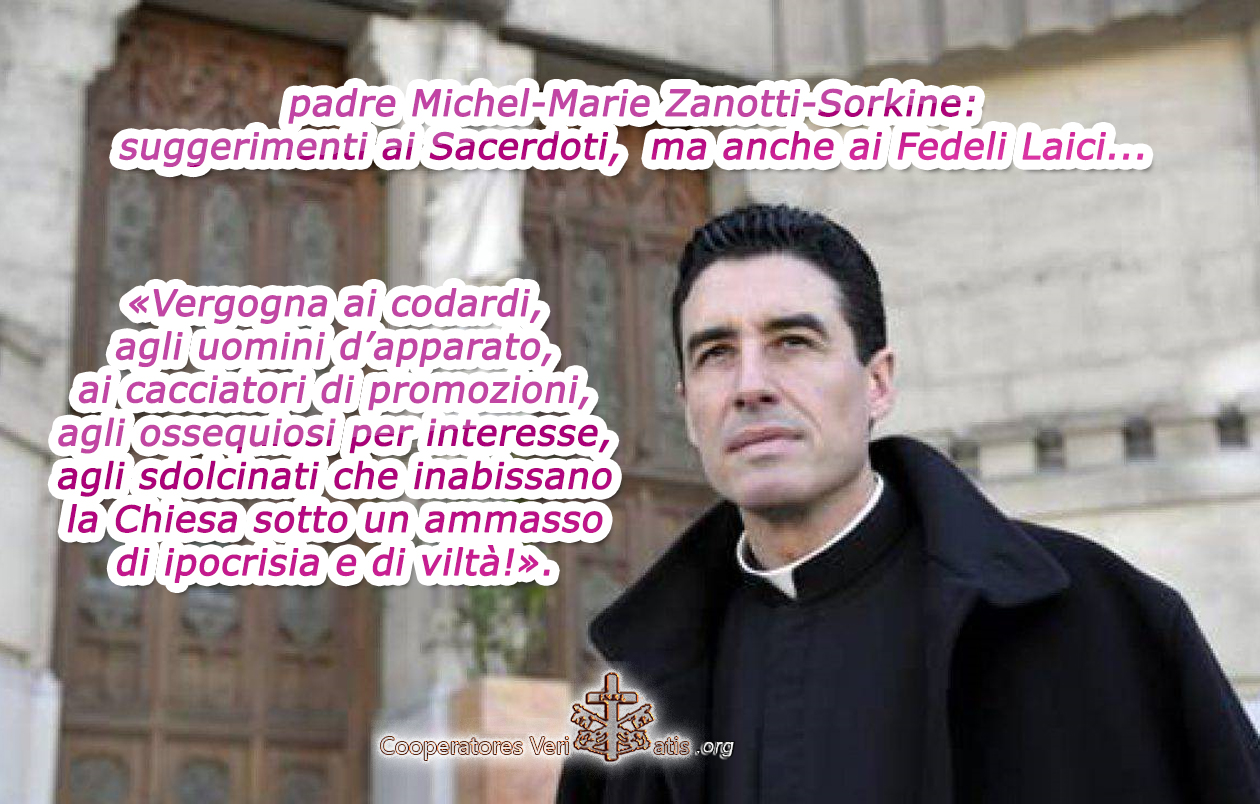...The goal of the Liberal Enlightenment and revolution had been reached, and Europe at last possessed a completely secularised culture. The old religion had not been destroyed; in fact throughout Protestant Europe the churches still possessed a position of established privilege. But they held this position only on the condition that they did not interfere with the reign of Mammon. In reality they had been pushed aside into a backwater where they were free to stagnate in peace and to brood over the memory of dead controversies which had moved the mind of Europe three centuries before.
On the other hand the intellectuals who had contributed so much to the victory of the new order of things were in a somewhat similar plight. They found themselves powerless to influence the movement of civilisation, which had cut itself free, not only from tradition, but also from art and thought. The spiritual leadership that was possessed by Voltaire and Rousseau, by Goethe and Fichte, was now a thing of the past.
The men of letters were expected to follow society, not to lead it. And this is what many of them did, whether with the professional servility of the journalist or with the disinterested fanaticism of the realist, who affirmed his artistic integrity by the creation of an imaginary world no less devoid of spiritual significance than was the social world in which he lived.
A large number found neither of these alternatives satisfactory. They turned to literature and art as a means of escape from reality. That was the meaning to many of the catchwords "Art for Art's sake." (It's true meaning, however, is to be found rather in the dilettantism of Oscar Wilde). Symbolism and aestheticism, the Ivory Tower and the Celtic Twilight, Satanism and the cult of "Evil", hashish and absinthe ; all of them were ways by which the last survivors of Romanticism made their escape, leaving the enemy in possession of the field.
There was, however, one exception, one man who refused to surrender. Whatever his weaknesses Friedrich Nietzsche was neither a time-server nor a coward. He at least stood for the supremacy of spirit, when so many of those whose office it was to defend it had fallen asleep or had gone over to the enemy. He remained faithful to the old ideals of the Renaissance culture, the ideals of creative genius and of the self-affirmation of the free personality, and he revolted against the blasphemies of an age which degraded the personality and denied the power of the spirit in the name of humanity and liberty.
Nevertheless, Nietzsche himself was far from being a humanist. Humanism is essentially a via media, and in the nineteenth century the via media had become identical with mediocrity. In Nietzsche's eyes humanity had become something either ridiculous or shameful, and the attempt to pass beyond humanity led him to the negation of humanism and the destruction of his own personality; as he said, the way of the creator is to burn himself in his own fire. Yet the tragedy of Nietzsche is the tragedy of the end of humanism, since it only reveals with exceptional clearness the ultimate consequences of the antinomy that was inherent in the humanist tradition from the beginning. 157-159
...Instead of the heroic exaltation of humanity which was characteristic of the naturalism of the Renaissance, we see the humiliation of humanity in the anti-human naturalism of Zola. Man is stripped of his glory and freedom and left as a naked human animal shivering in an inhuman universe. 163
Thus humanism by its own inner development is eventually brought to deny itself and to pass away into its opposite. For Nietzsche, who refused to surrender the spiritual element in the Renaissance tradition, humanism is transcended in an effort to attain to the superhuman without abandoning the self-assertion and the rebellious freedom of the individual will--an attempt which inevitably ends in self-destruction. But modern civilization as a whole could not follow this path. It naturally chose to live as best it could, rather than to commit a spectacular suicide. And so, in order to adapt itself to the new conditions, it was forced to throw over the humanist tradition.
Hence the increasing acceptance of the mechanisation of life...a growing tendency towards the de-intellectualisation and exteriorisation of life.
"Christianity and the New Age" by Christopher Dawson in Essays in Order, New York: MacMillan, 1931.

































